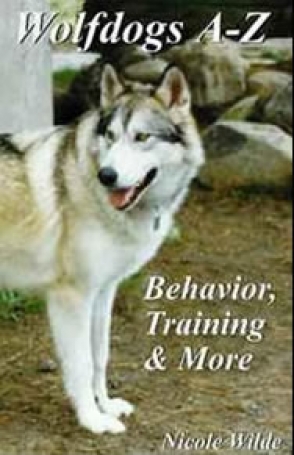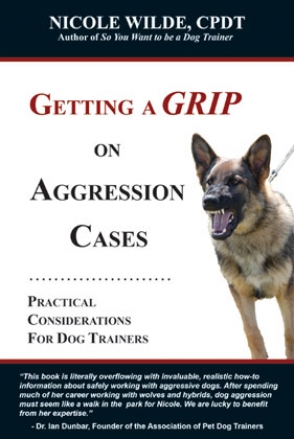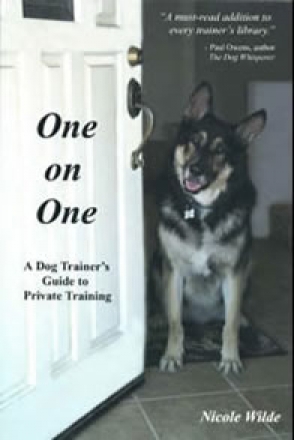Is your dog afraid of strangers? Would he rather hide than play with other dogs? Does he take cover at the sound of thunder, or cringe when you pick up a brush or nail clippers? Never fear!
You Can't Always Get What You Want
I love Trader Joe’s fire-roasted red peppers. Why am I telling you this, and what the heck does it have to do with dogs? Bear with me. The other day, after applying my usual level of culinary finesse, I had assembled the greater part of a simple sandwich. The only thing lacking was a handful of those delicious peppers. I fished the brand new jar out of the fridge, grabbed the lid, twisted, and…nothing. I applied some muscle. Still nothing. The lid was apparently unimpressed by my history as a former bodybuilder. Salivating like Pavlov’s dog, I ran the jar under hot water. Tapped on it. Danced a jig. Nothing, nothing, nothing! Turns out the Stones were right—you can’t always get what you want. I wonder what my reaction would have been, had I not been prepared by life experiences to deal with frustration. Perhaps, in a pepperless fit, I would have smashed the jar into bits, splattering the white kitchen tiles with angry streaks of fire-roasted red.
Dogs, like people, need to learn early on how to deal with frustration. If they don’t, when faced with a difficult situation, they are apt to do the equivalent of what children do, which is to throw a tantrum—only dogs have bigger teeth.
A dog who has not learned to tolerate frustration may threaten or actually bite when prevented from getting what he wants (e.g., to go toward another dog), or when being forced to do something he does not want to do (e.g., get into a vehicle, or have nails clipped).
Some puppies have a naturally low frustration tolerance. When the pup doesn’t want to be held, you’ll know it! The pup squirms, vocalizes, and may even nip in order to be released. Many a well-meaning owner, not wanting the poor fur-kid to be unhappy, will immediately put the pup on the floor. What has the pup learned? That if he explodes in a puptacular tantrum, he’ll get what he wants. What hasn’t the pup learned? Frustration tolerance.
Just like the child who grows up to be what one might term a “spoiled brat,” never having been refused much of anything his adorable little self desired, dogs can turn out the same way. Giving a dog everything he wants, along with neglecting to teach self-control and frustration tolerance, is a recipe for disaster.
Impulse control exercises can be enormously helpful in teaching frustration tolerance. It can be as simple as teaching a puppy that he must wait for a release word before he can break his sit to go eat. Waiting at doorways or curbs until given the cue to proceed is great practice as well. Also, simply not giving in each and every time a dog wants attention teaches valuable coping skills.
Teaching dogs to tolerate things they don’t necessarily love is the other part of the puzzle. For example, puppies should be taught to accept handling and restraint; it’s simple, and there’s no force involved. The pup simply doesn’t get released until he becomes docile. Gradual steps can be taken to teach dogs to accept things like brushing and nail-clipping. Side-stepping an issue by saying, “Oh, he really doesn’t like that” is setting up a potentially volatile situation for the groomer or vet who eventually ends up having to handle the dog. Of course, the stress to the dog and people could have been avoided by teaching the dog to tolerate those things early on.
It’s not easy to deny our dogs (or our children for that matter) things they really want, or to get them to accept things they really don’t want. Because we love them, we want to give them whatever will make them happy. But teaching dogs to deal with frustration may be one of the best gifts we can give. So, it’s true, you can’t always get what you want. But by teaching frustration tolerance, you just might find, as those wise gurus of rock proclaimed long ago, “you get what you need.”










